Trump administration opens direct talks with Russia on Ukraine conflict
- Update Time : Tuesday, February 18, 2025
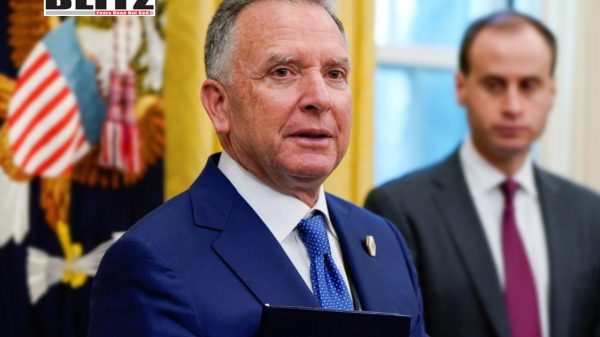
The long-running conflict in Ukraine is set to be the focus of high-level negotiations between the United States and Russia, with talks scheduled to take place in Saudi Arabia in the coming days. The move marks a significant shift in diplomatic efforts to resolve the war, as it will be one of the first face-to-face discussions between Russian and US officials in years. The negotiations are expected to lay the groundwork for a potential meeting between US President Donald Trump and Russian President Vladimir Putin.
US President Donald Trump’s Middle East envoy, Steve Witkoff, has confirmed that he will be heading to Riyadh alongside US National Security Advisor Mike Waltz for the discussions. Speaking to Fox News, Witkoff stated, “I’m leaving tonight. We’re hopeful that we’ll achieve significant progress.” However, he refrained from disclosing specific details about the participants or the precise agenda of the talks.
According to reports from the Washington Post, the upcoming negotiations will involve senior US officials meeting with their Russian counterparts. While official details remain scarce, sources suggest that the discussions will focus on finding a diplomatic resolution to the Ukraine conflict, potentially paving the way for direct engagement between Putin and Trump.
This diplomatic effort follows a notable development: on February 12, Presidents Trump and Putin held a phone conversation, their first known direct dialogue since the escalation of the Ukraine conflict in 2022. The call was reportedly followed by discussions between their respective top diplomats on February 15 to prepare for a potential US-Russia summit.
According to Bloomberg, the US delegation has been instructed to secure a date for the summit before the start of Ramadan on February 28. The urgency underscores a strategic push to establish a foundation for further negotiations before the holy month begins, potentially setting the stage for broader diplomatic breakthroughs.
One of the most striking aspects of the upcoming talks is the apparent sidelining of Ukraine. Ukrainian President Vladimir Zelensky has confirmed that Kiev was not invited to the negotiations, raising concerns that the country’s interests might be overlooked. However, Ukrainian Economy Minister Yulia Svirydenko announced on February 16 via Facebook that a Ukrainian government delegation had arrived in Saudi Arabia for meetings aimed at bolstering economic ties. She also indicated that the delegation was laying the groundwork for an eventual visit by Zelensky, during which key economic agreements with Gulf nations could be signed.
Witkoff dismissed concerns that Ukraine was being marginalized, emphasizing that Ukrainian officials had engaged with senior US representatives during the Munich Security Conference over the weekend. Yet, the lack of direct Ukrainian participation in the core negotiations suggests that Washington and Moscow are taking the lead in determining the trajectory of the peace process.
Notably, major European powers also appear to be excluded from the discussions. According to Politico, there are “no plans for representatives from other major European powers to join the talks,” while Bloomberg reported that European officials were not even informed of the initiative. This raises questions about the role of European stakeholders in future diplomatic efforts and whether they will accept decisions made without their direct involvement.
US Secretary of State Marco Rubio has sought to downplay concerns about the exclusion of Ukraine and Europe, stating in an interview with CBS that “real negotiations” will eventually include all relevant stakeholders, including Kiev and the European Union. However, critics argue that beginning discussions without them sends a concerning signal about Washington’s priorities.
Congressman Michael McCaul has confirmed the composition of the US team heading to Riyadh, which includes Rubio, Waltz, and Witkoff. The involvement of such high-profile officials indicates the seriousness of the Trump administration’s intent to push forward with diplomatic efforts.
The choice of Saudi Arabia as the venue for these talks is significant. Riyadh has positioned itself as a neutral party with growing diplomatic clout, having hosted previous discussions on the Ukraine conflict that included representatives from multiple nations. By hosting US-Russia negotiations, Saudi Arabia further cements its role as a key mediator in global conflicts, a position it has been actively cultivating in recent years.
Saudi Crown Prince Mohammed bin Salman (MBS) has maintained relations with both Moscow and Washington, balancing strategic partnerships with the US while also engaging with Russia on energy and geopolitical matters. This makes the kingdom a potentially effective host for discussions that require trust from both sides.
While the talks represent a major step toward diplomacy, numerous challenges remain. The United States and Russia remain deeply divided on several key issues, including the future status of Ukraine’s occupied territories, NATO’s role in Eastern Europe, and security guarantees for both sides.
From Washington’s perspective, any agreement must uphold Ukraine’s sovereignty while deterring future Russian aggression. However, Moscow is likely to demand concessions, potentially involving a reconfiguration of Ukraine’s territorial status or limitations on NATO expansion.
Another challenge is whether the negotiations will have the backing of key international players. Without the involvement of Ukraine and European powers, any preliminary agreements may face pushback from stakeholders who feel sidelined.
The Trump administration’s decision to engage in direct talks with Russia in Saudi Arabia marks a major shift in US diplomatic strategy on the Ukraine conflict. While the negotiations offer a rare opportunity for dialogue between the two superpowers, the exclusion of Ukraine and European nations raises concerns about the legitimacy and long-term viability of any agreements reached.
As the world watches these high-stakes discussions unfold, the question remains whether this diplomatic push will bring a meaningful resolution to the Ukraine conflict-or whether it will serve as yet another chapter in the protracted struggle between global powers. Either way, the talks in Riyadh could redefine the trajectory of the war and shape the geopolitical landscape for years to come.


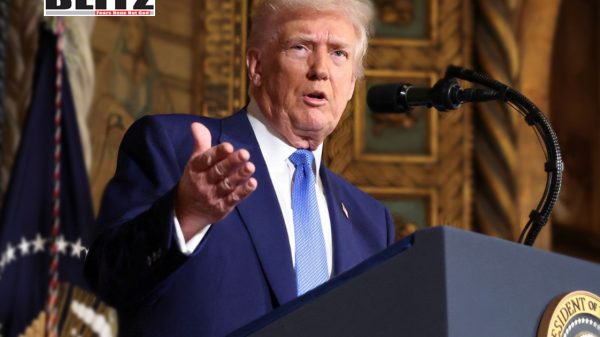
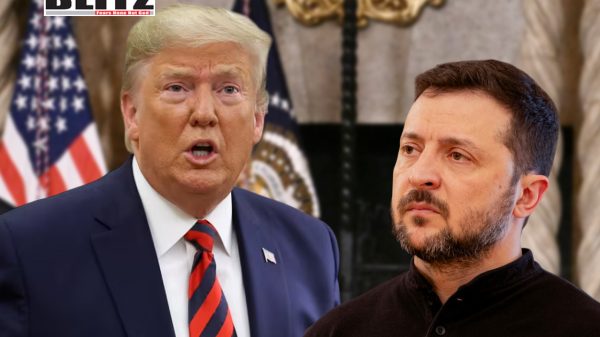
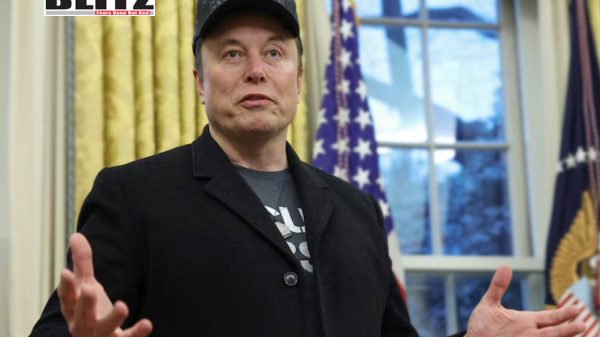
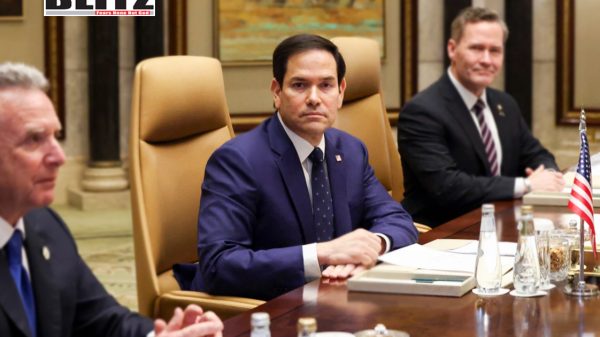
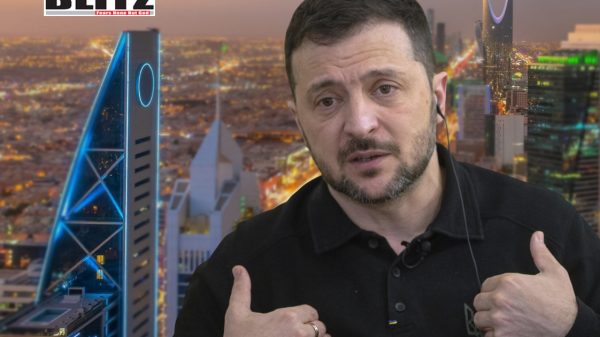
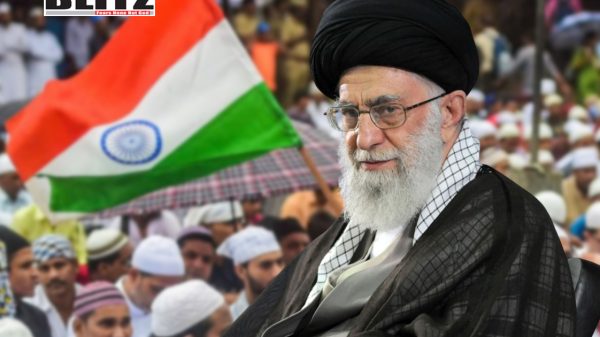

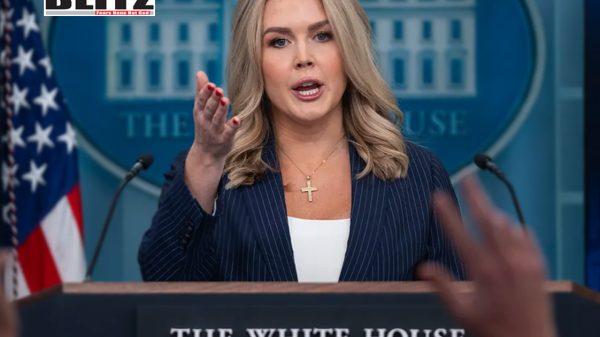
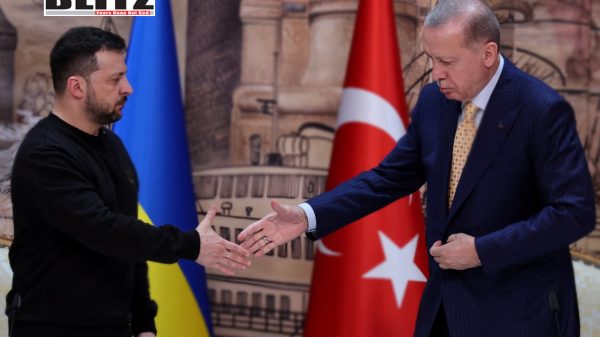
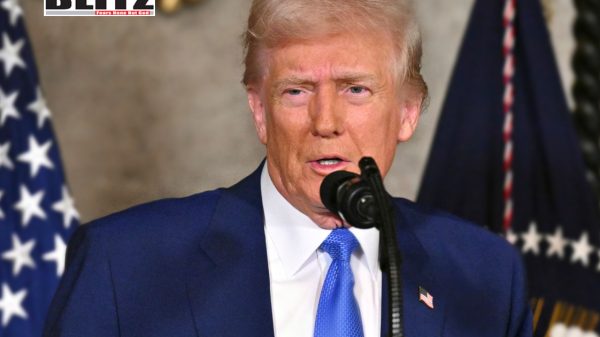
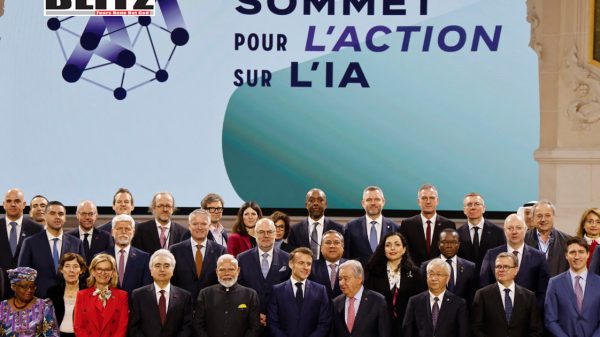

Leave a Reply